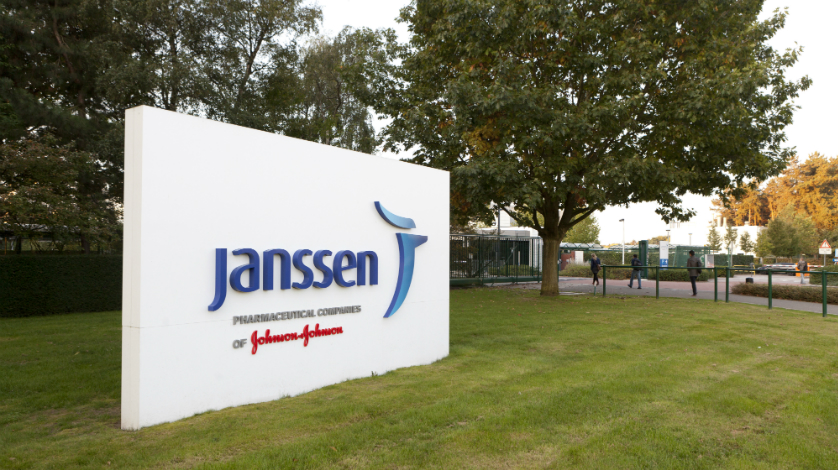J&J's Tremfya gets funding in Germany and UK

Johnson & Johnson’s psoriasis drug Tremfya has been given the green light for funding by cost-effectiveness bodies in the UK and Germany.
NICE has published final guidance giving the go-ahead for funding in England after a positive final draft published last month, which the cost-effectiveness body expedited because of the drug’s clinical benefits.
Wales and Northern Ireland’s devolved NHS organisations will likely follow suit and the Scottish Medicines Consortium agreed to fund Tremfya earlier this week.
And last month Germany’s Federal Joint Committee (G-BA) published a decision stating that Tremfya offers “substantial additional therapeutic benefits” compared with comparators for all populations assessed.
This is the first time a biologic for psoriasis has been awarded this level of benefit.
These are the first reimbursement bodies to back Tremfya since the European Commission granted its licence in moderate to severe plaque psoriasis in November last year.
Further assessments are ongoing in other EU countries and decisions are anticipated later in the year.
Tremfya, administered by subcutaneous injection, is the first biologic to selectively target interleukin (IL)-23, a protein causing the immune inflammatory response in psoriasis.
J&J’s drug will be competing in a crowded market, where Pfizer/Amgen’s Enbrel (etanercept), and AbbVie’s Humira (adalimumab) are well established, along with newer drugs such as Novartis’ Cosentyx (secukinumab) and Eli Lilly’s Taltx (ixekizumab).
But Tremfya has already outperformed Humira in comparative phase 3 clinical trials. The VOYAGE 1 and 2 trials compared Tremfya with placebo and Humira.
After 16 weeks, around seven out of 10 patients receiving Tremfiya had 90% of their lesions cleared, compared with five out of 10 patients receiving Humira.
Longer term data showed consistent rates of skin clearance in patients with moderate to severe psoriasis who received Tremfya for almost two years.
Tremfya is a subcutaneous injection that can be self-administered following training, Treatment requires two starter dose four weeks apart, followed by a maintenance dose once every eight weeks thereafter.
Dr Jaime Oliver, medical lead for Janssen Immunology, said: “The swift decision by two of Europe’s key Health Technology Assessment bodies reflects the positive results demonstrated in clinical studies of guselkumab for the treatment of moderate to severe plaque psoriasis.”











